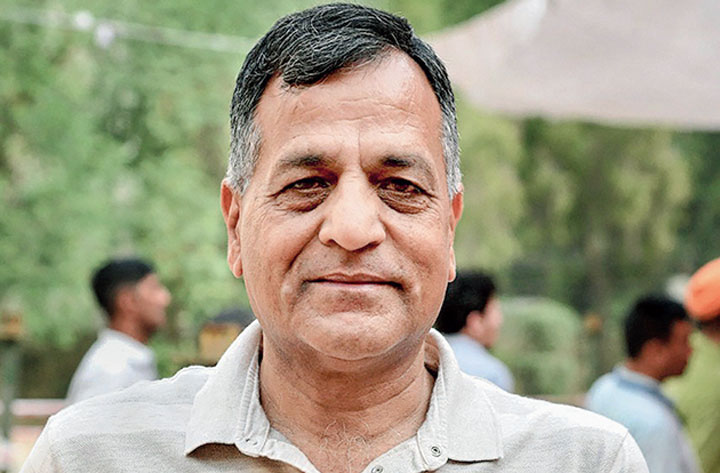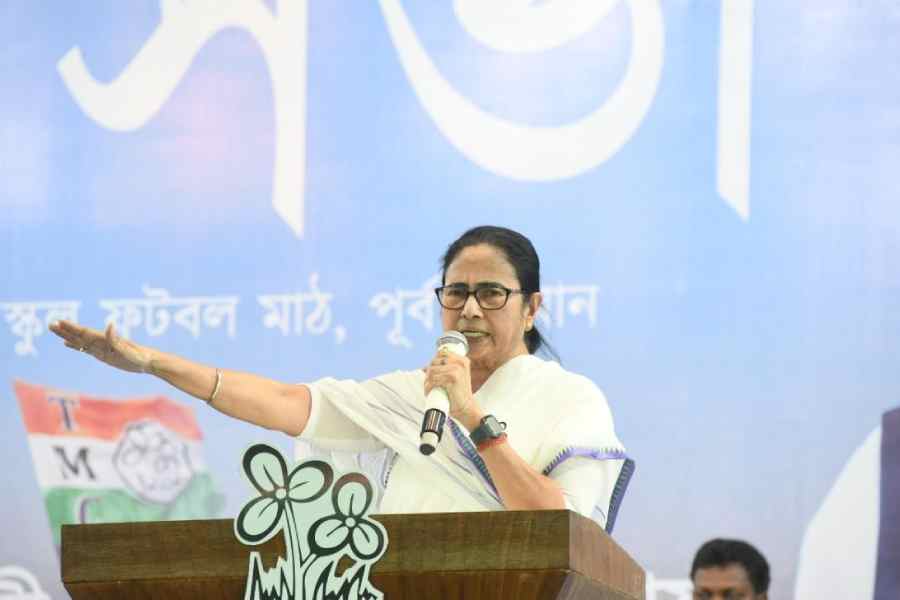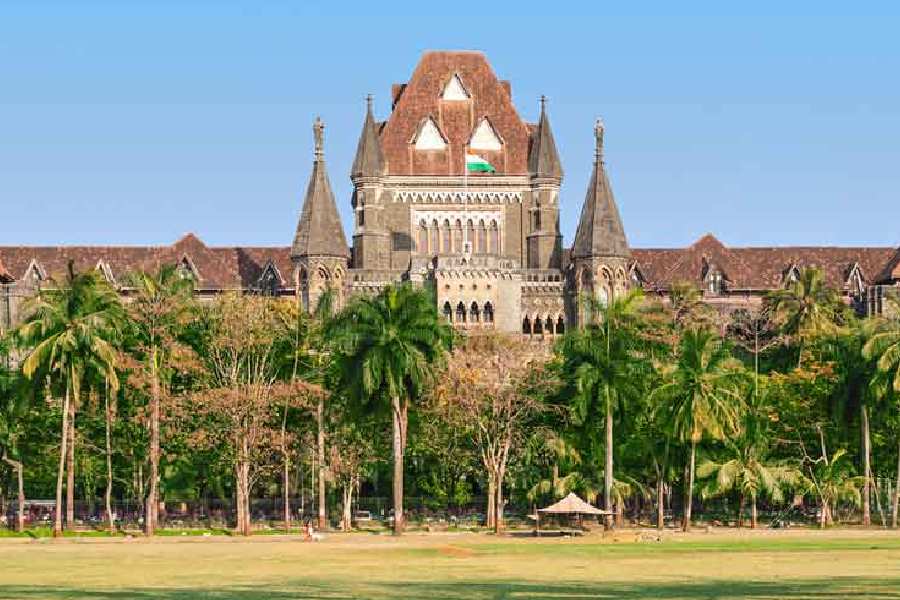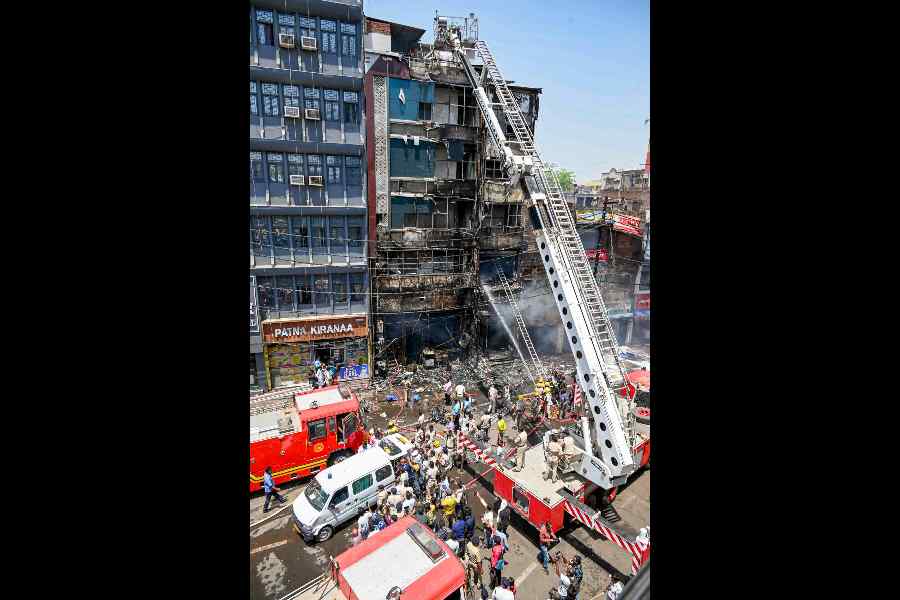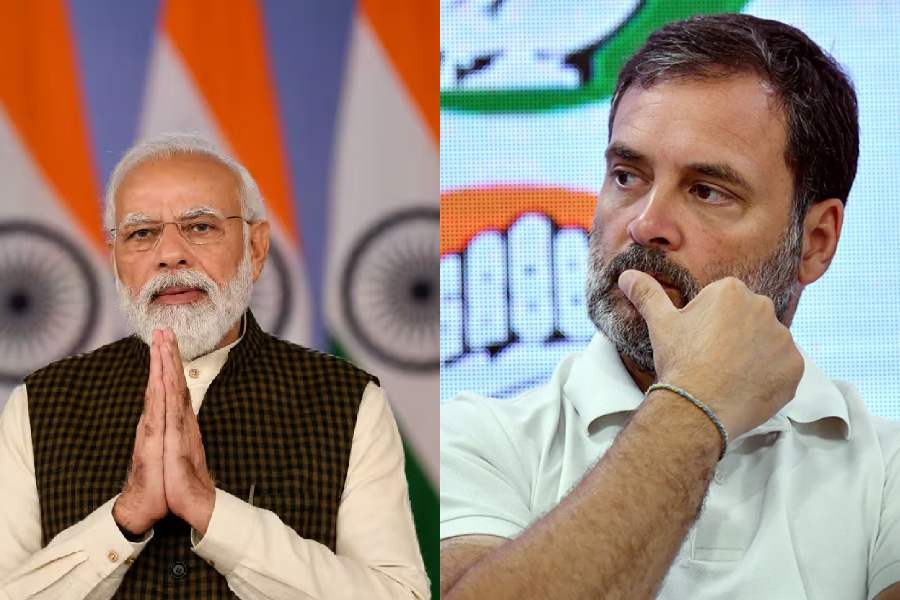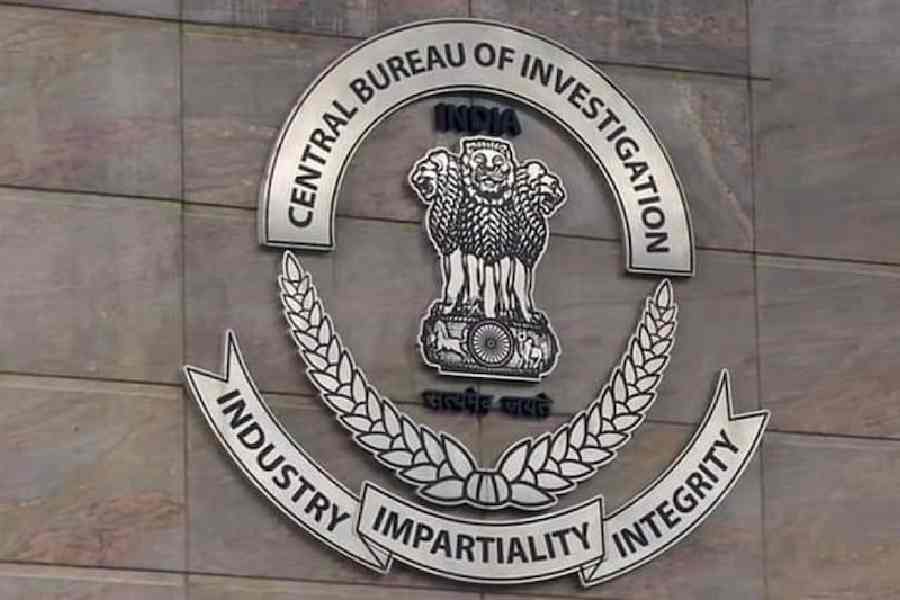As differences within the Election Commission spilled into the open with election commissioner Ashok Lavasa deciding to stay away from future meetings if dissent notes were not recorded, chief election commissioner Sunil Arora on Saturday sought to downplay the controversy.
“The three members of the ECI are not expected to be template or clones of each other. There have been so many times in the past when there has been a vast diversion (sic) as it can and should be,” Arora said in a statement.
Lavasa, who had disagreed with the decision to clear the Modi-Shah duopoly of all charges of model code of conduct violations, reportedly informed Arora this week that he would attend future meetings on complaints only if dissent notes and minority decisions were included in the final orders. His dissent against the clean chits to Modi-Shah had not been recorded.
On Saturday, contacted by The Telegraph, Lavasa declined comment. Asked whether he would attend a meeting called by Arora on Tuesday, he said: “I’ll be attending the meeting on 21st and I’m discharging all my duties as EC.”
Arora said the controversy over the commission’s internal functioning was “unsavoury and avoidable”, and that divergences of views had “largely remained within the confines of ECI” unless one or other member revealed them years later in a book.
He stressed that the entire commission machinery was busy with the general election and this was not the best time for such controversies.
“Eloquence of silence is always difficult but far more desirable,” he said; arguing that the priority was to see the election process through “instead of creating ill-timed controversies’’.
He indicated there have been efforts to address the differences, saying the last meeting of the full commission, held on Tuesday, had “unanimously decided” that sub-groups would be formed to discuss the issues, as had been done after the 16th Lok Sabha elections. Some 13 issues had been identified, of which the model code of conduct was one, he said. He did not specify the others.
Lavasa wrote to Arora on Thursday: “I am being forced to stay away from the meetings of the full commission since minority decisions are not being recorded. My participation in the deliberations of the commission becomes meaningless since my minority decisions go unrecorded.”
He said he may have to consider other measures to restore “the lawful functioning of the commission in terms of recording minority decisions”.
“My various notes on the need for transparency in the recording and disclosure of all decisions including the minority view have gone unheeded, forcing me to withdraw from participating in the deliberations on the complaints.”
The controversy follows public expressions of differences within the Supreme Court and the CBI, two other key national institutions, under the Narendra Modi government’s watch.
Four senior judges had in January last year held an unprecedented news conference to accuse then Chief Justice of India Dipak Misra of arbitrarily assigning cases to handpicked junior judges.
Later in the year, the top two CBI officials, then director Alok Verma and special director Rakesh Asthana, accused each other of corruption. They were benched in a midnight operation in October.
When the EC controversy broke earlier this month, former chief election commissioner O.P. Rawat had told this newspaper: “Dissent has to be mentioned, otherwise it is not dissent at all…. It has to be communicated in any order or reply in that matter.”
He had added: “All kinds of views are expressed during discussions…. If an opinion is recorded that differs from the final decision, the differing opinion is recorded as dissent. This needs to be in the public domain in the interest of transparency. The Supreme Court does it, and the EC has also done the same so far.”
On Saturday, news agency PTI quoted CPM general secretary Sitaram Yechury as saying that if the Supreme Court could make dissenting opinions from judges public, why could the poll panel not reveal differences among its members?
“Whatever is happening in the EC is dangerous for democracy. This has raised a serious question on the neutrality of the Election Commission itself,” Yechury was quoted as saying.
“Even in the Supreme Court, there are minority and majority opinions. There are so many cases in which there has been dissent among judges, but the minority dissent opinion has always been made public. If the opinion of dissenting judges comes out in public, then why not the EC’s?”
Politician and academic Yogendra Yadav tweeted: “Thanks @AshokLavasa for saving the reputation of this great institution. Please do write down you(r) dissent, your opinions, if only for posterity. To the other two members: don’t you have any shame?”

